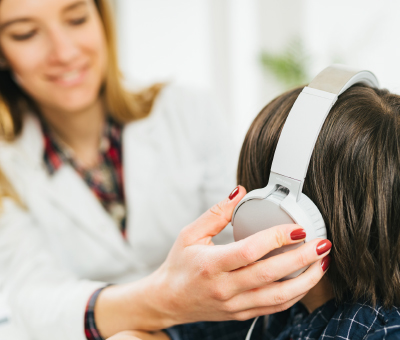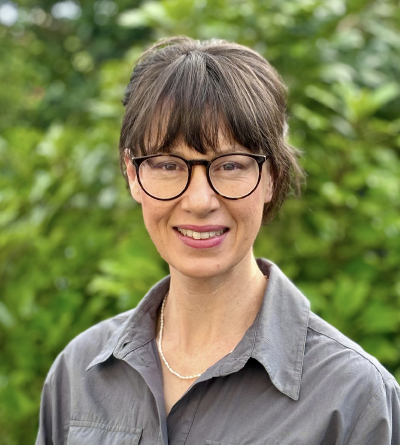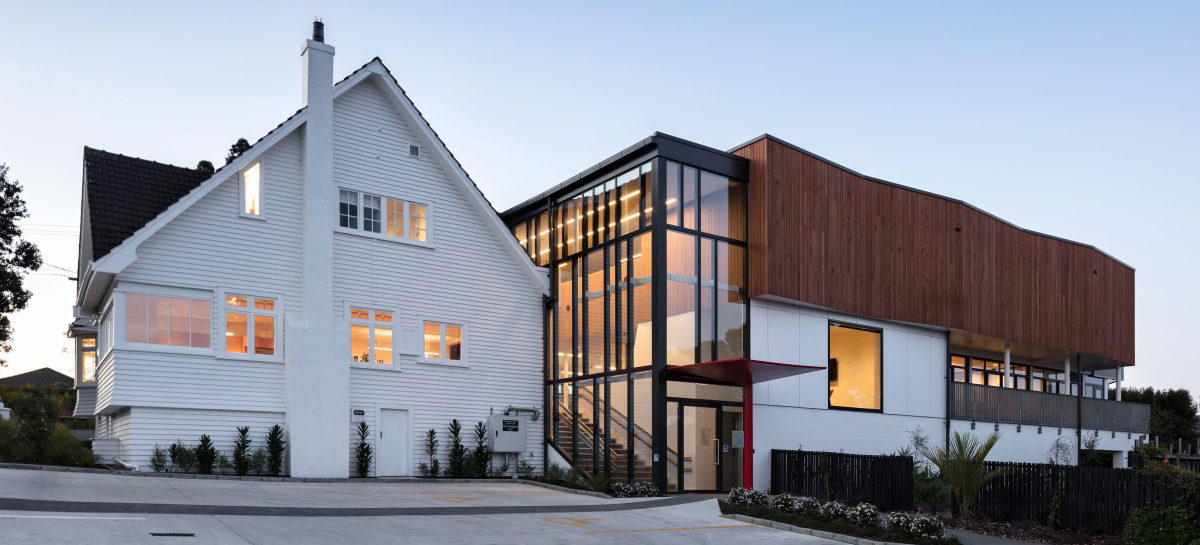
What Is Auditory Processing?
Auditory processing is how your ears and brain sort out incoming sounds. Hearing involves the whole auditory system – from your ears to your brain!
It takes time. Children may be good at hearing soft sounds, but it takes time for their amazing neural hearing pathways to strengthen. As the brain develops, children learn to decipher speech and translate sound into meaningful information, to use both ears together as a pair, filter out distractions and focus on what speech matters most.
Processing sound can become harder. As we age auditory processing abilities decline – the reason many adults struggle to hear in noisy places.
Auditory Processing Disorder (APD) is a term used to describe differences in how the brain processes sound and can only be diagnosed by an audioloigst specialised in this area. Problems processing sound can occur due to many reasons: developmental delay, ear infections, Autism, as part of neurological disorders, and following brain injury or concussion. APD commonly occurs alongside reading and spelling difficulties, dyslexia, and language delay.
We understand auditory processing and how this can affect quality of life and ability to learn or work
More Than Hearing
Listening difficulties are easily missed in a standard hearing test. Children and adults benefit from our more comprehensive auditory assessments and from receiving the right support and interventions that make listening easier.
Diagnosis of APD can be given from 6 years old. We also see preschool children to help prepare them for the best start at school. APD Specialists has the tools and expertise to reliably assess young children and to point you in the right direction if other conditions are suspected. Early intervention is best. We work with schools and families, supporting children to reach their potential by building strong foundations for listening and learning.
APD often explains why adults experience difficulty hearing in noisy environments and feel tired and frustrated from trying to listen. Our comprehensive auditory processing assessments provide a deep understanding of hearing and brain function to design personlised solutions so listening is easier and stress free.

Help With APD & Hearing
More than an Audiogram
We don’t just diagnose APD. We provide interventions that work. Our assessments use a range of specialised tests that measure the ability to process complicated sounds and details of sounds. We design the right assessment for each individual from our expansive range of tests, rather than use a pre-determined protocol. We also measure auditory memory and working memory, and other factors that are important for listening. The comprehensive assessment identifies specific reasons for hearing challenges and the best research-informed solutions.
Sound Sensitivity and Autism
For autistic people auditory challenges are very common. This may be experiencing heightened sensitivity to sounds, feeling overwhelmed in noisy place, and difficulty filtering and focusing on important sounds such as speech. By helping to understand these differences and applying interventions we aim to enhance learning and social communication skills, and contribute to overall well-being.
Brain Injury and Concussion
Concussion, trauma in early development, or brain injury can cause disruptions to the auditory pathways in the brain. This is often experienced as over sensitivity to sound, tinnitus, difficulty hearing when there is other noise going on, and feeling exhausted from listening and communicating. That’s why in addition to a hearing test or audiogram, an auditory processing assessment is essential to really understand what is going on. We work alongside ACC to assist individuals in understanding and managing hearing challenges post-injury.
Unlock Learning Potential
Hearing is the gateway to learning in a busy classroom. Auditory processing disorder can hold children back in school, affecting their academic success and self-esteem. APD often coincides with specific learning disorders including dyslexia, and can be an underlying cause of reading and spelling difficulties. By identifying and addressing auditory hurdles early on, you pave the way for smoother learning experiences, especially crucial during those formative years.
Listening with Focus
Sometimes listening difficulties are caused by more than just our ears. Listening difficulty can be due to attention problems and often experienced by those with ADHD. When listening and focus is hard it is important to check hearing and auditory processing skills as APD and ADHD often co-occur. For some, ruling out APD is an important step in the process of diagnosing ADHD. Interventions to improve listening can be very effective for students with ADHD, especially when medication isn’t the right answer.
We don’t just test for APD, we help build stronger auditory systems
What Are Treatments For APD?
Tailored Auditory Training
Auditory training is tailored to target specific hearing deficits, such as strengthening a weaker ear when there is amblyaudia, or enhancing spatial processing skills to improve listening in the busy classroom. We offer both app-based and in-clinic options to suit individual needs.
Classroom Support
Children and their teachers need to be well supported, so they can achieve the best outcome possible with the training techniques and hearing equipment prescribed to them. Having an audiologist working with and readily available for your child’s teacher is a great way to make sure everyone is on-board and well supported throughout the school year.
Effective Amplification Solutions
Amplification strengthens auditory processing abilities and helps overcome listening challenges. Remote microphone systems sometimes referred to as RMHA systems, work wonders in the classroom, benefiting students with APD, as well as those with ADHD, Dyslexia, and Autism. Hearing aids specially programmed for APD, sometimes called low-gain hearing aids, can be paired to a remote mic and are also a great option for adults and students. Most students we see will get funding from Disability Support Services or Ministry of Education.
Targeted Literacy and Language Therapy
Literacy and language therapy can be used to target the effects of auditory processing deficits. Working with a speech language therapists, teacher or literacy tutor can help children to improve their language skills and make sense of the sounds which make up words.

Experienced & Trusted
You are in good hands. Joanna has helped thousands of students and adults, and uses the most current research-informed assessments and interventions. Joanna is currently doing research and teaches at the University of Auckland.
Only a specialised audiologist can diagnose APD that’s why APD Specialists receives referrals from all around Aotearoa. Our expertise is recommended by ENT’s, Paediatricians, Psychologists, Speech-language Therapists, Ministry of Education, and Audiologists.
We follow the NZ APD Guidelines and use the best tests and equipment. Experience means we are efficient, thorough, and flexible. Assessments usually take 1 1/2 hours. We help you understand the results, then provide a detailed yet easy to read report and clear plan for intervention within a few days.
A phone call or email conversation with our friendly audiologist is a great way to help you navigate the next best steps.
Treatments improve auditory processing, learning and quality of life
Your Specialist APD Audiologist

Joanna Wallace
MAud (hon), MNZAS, CCC
Audiologist
Joanna is an experienced audiologist in both paediatric and adult hearing care who completed her Masters in Audiology at The University of Auckland. Her main areas of expertise are the assessment and treatment of hearing difficulties related to auditory processing disorders, Autism, ADHD, and brain injury. She has worked across public and private healthcare, including Charge Audiologist at Counties Manukau Te Whatu Ora, Council Member for the National Foundation of the Deaf, and established the visiting audiology service in Niue. Joanna is also a Professional Teaching Fellow at the University of Auckland where she lectures in clinical skills and APD for the Masters of Audiology program. Joanna has access to the latest evidence-informed assessments and treatments, and regularly provides professional development training to school teachers and psychologists.
With funding from a TSB New Zealand grant in 2021, Joanna started Listen Launchpad. In collaboration with the Ministry of Education, Listen Launchpad reduces barriers to accessing auditory processing services for children in Tāmaki Makaurau/Auckland.
Exceptional Care & Communication
“Joanna’s depth of knowledge in this area was clear from the start. She explained everything in a way that was easy to understand and took the time to really listen—not just to us as parents, but to our son as well. She saw our child, not just a diagnosis.”
– Parent
Funding & Support For APD
– Joanna is a registered member of the NZ Audiology Society, ACC provider and Ministry of Health Hearing Aid Funding Scheme and Subsidy provider.
– APD Specialists is an affiliated provider for Southern Cross and NIB Health Insurance. We use Southern Cross EasyClaim.
– For students with significant learning needs, remote microphone systems may be covered through Ministry of Education Assistive Technology funding. We can help you and your school to access this.
– We provide accessible and affordable fitting services for remote mic systems.
– Schools can also link in with our Listen Launchpad pathway – supported by funding from TSB New Zealand. Listen Launchpad removes barriers to accessing auditory processing services and treatments for kiwi kids by providing free in-school APD assessments.
Check out the following links for more information:
Ministry of Education INFORMATION PAGE on what support is available for students with APD
Start Your Journey To Better Hearing
Hearing is the gateway to learning in the classroom, connects us to others, and protects our wellbeing
We’d Love To Help You
Contact
027 9 227 227
Clinic Hours
Monday 8:30am – 4:30pm
Thursday 8:30am – 4:30pm
Friday 8:30am – 4:30pm
Location
The Stichbury Bidwill Centre
251 Campbell Road, Greenlane, Auckland 1061
Patient parking available off William Ave

